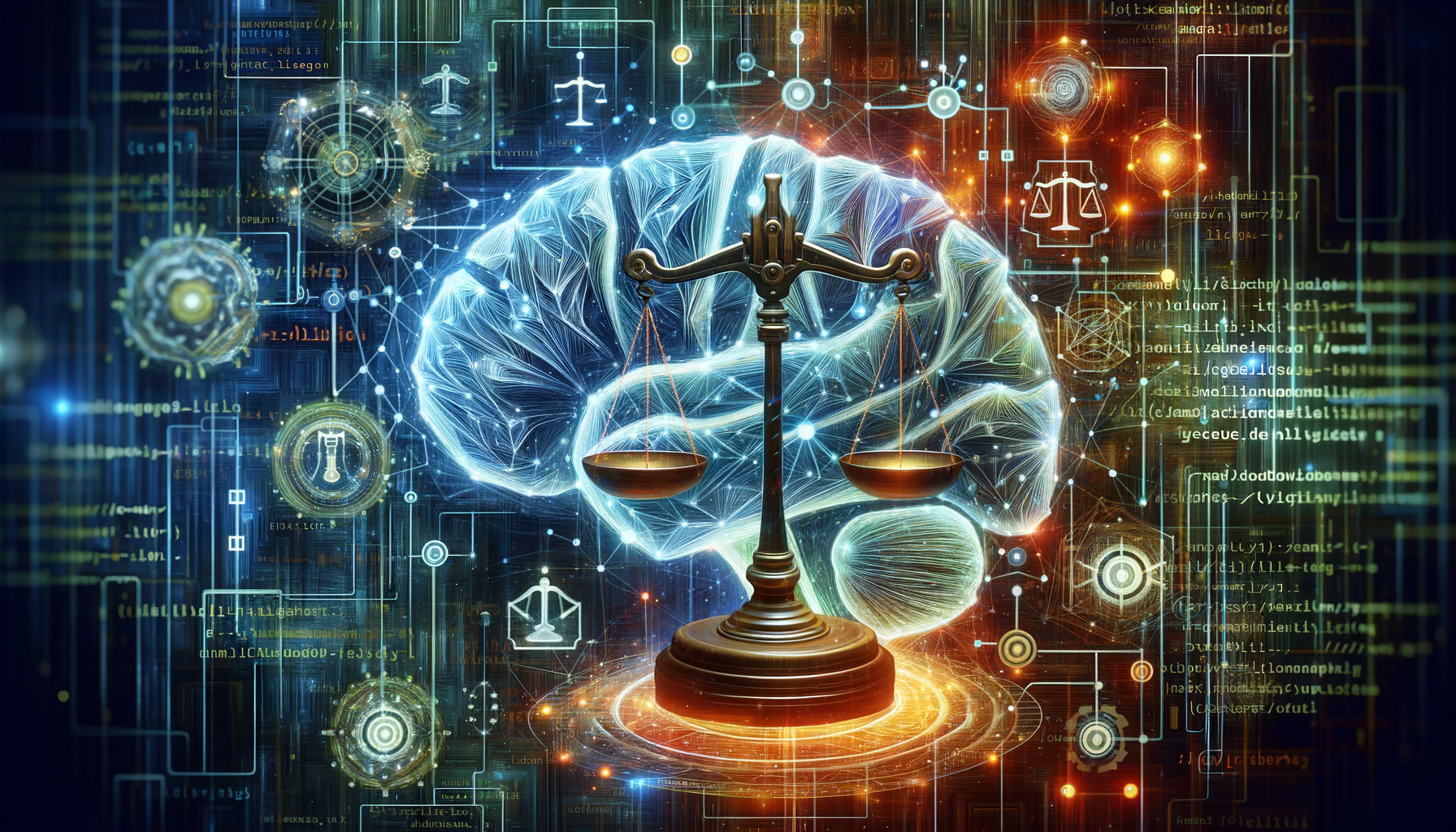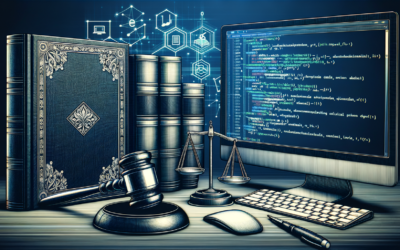Legal Algorithms
In today’s legal landscape, legal algorithms have become essential tools. They are transforming the way professionals approach case processing, data analysis and decision-making. In this article, we explore the ins and outs of these revolutionary technologies.
What are legal algorithms?
Legal algorithms are computer programs capable of processing and analyzing immense volumes of legal information. They are designed to help legal practitioners simplify complex processes and predict trends and outcomes. These tools draw on legal databases and powerful calculation capabilities to optimize legal analytical practice.
The role of algorithms in legal practice
Predictive algorithms are among the most fascinating applications of legal algorithms. These systems evaluate historical data to predict the outcome of legal proceedings, which can be decisive in the strategy of a case. Artificial intelligence (AI) plays a key role here, profoundly changing the way the justice system anticipates decisions.
Automation and contract management
In addition to predicting legal cases, automation is another area where algorithms play a key role. The Contract Lifecycle Manager uses algorithms to streamline contract creation, negotiation and maintenance. This saves lawyers time and reduces the risk of manual errors.
Regulatory development and compliance
Constantly evolving regulations are driving companies to turn to RegTech technologies, which rely on advanced algorithms to ensure compliance with legal and regulatory standards, such as the RGPD.
The ethical and legal impact of legal algorithms
The use of algorithms in the legal field raises important ethical and legal questions. Transparency, accountability and privacy are major concerns when using algorithms capable of influencing judicial decisions or managing sensitive data.
The challenge of algorithmic transparency
Transparency is crucial in the legal sector. How can we guarantee that the recommendations generated by these systems are free of bias? This is where the quality of legal software comes into play, requiring high standards and frequent audits.
Data protection and security
Securing the data processed by algorithms is another major challenge. With the rise of legal cybersecurity, the focus is on developing algorithms that not only process data efficiently, but also protect it from intrusion or misuse.
Frequently asked questions
Here is a list of frequently asked questions about legal algorithms.
Can legal algorithms replace lawyers?
No, they are designed to assist lawyers in their work. Algorithms can perform repetitive tasks and analyze large amounts of data faster than humans, but they cannot replace the human judgment and expertise essential to the practice of law.
How is confidentiality ensured in the use of algorithms in law?
Confidentiality is guaranteed by strict security measures, such as data encryption, secure access protocols and compliance with data protection regulations, such as the RGPD.
Can algorithms introduce bias into legal decisions?
There is a risk of bias if the data used to train the algorithms are not representative, or if they reflect existing biases. Hence the importance of careful design and monitoring.
This article has provided you with an overview of the impact and use of legal algorithms in the legal sector. As innovation continues, it is fundamental that the legal industry integrates these tools ethically and effectively to improve the delivery of legal services and contribute to more accessible and predictable justice.




